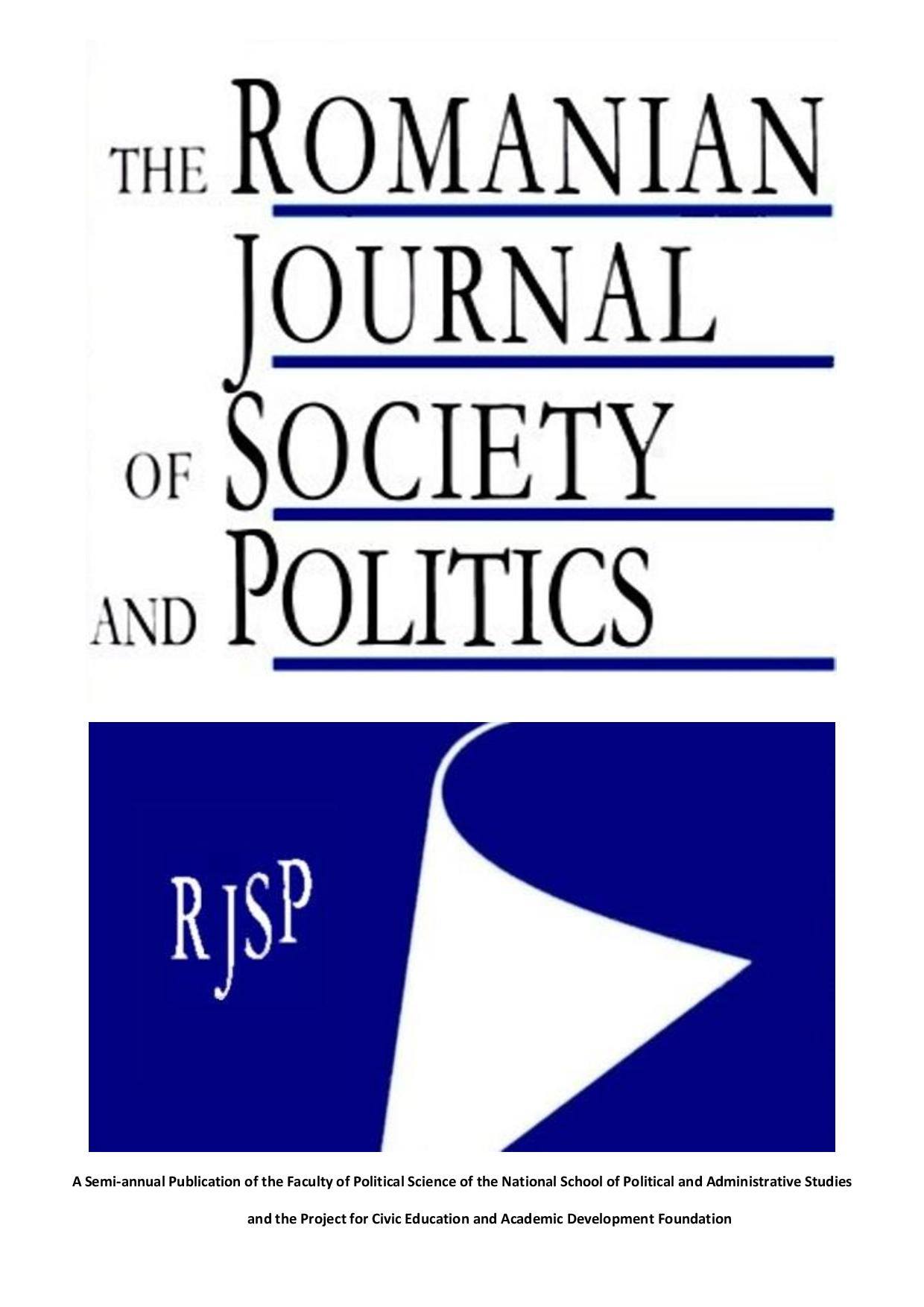(UN)FASHIONABLE DISCIPLINES: GENDER STUDIES IN HIGHER EDUCATION IN ROMANIA. INTEGRATION OR AUTONOMY?
(UN)FASHIONABLE DISCIPLINES: GENDER STUDIES IN HIGHER EDUCATION IN ROMANIA. INTEGRATION OR AUTONOMY?
Author(s): Theodora-Eliza VăcărescuSubject(s): Politics / Political Sciences, Political Philosophy
Published by: Scoala Nationala de Studii Politice si Administrative (SNSPA)
Keywords: Institutionalization of gender studies; Higher education; Gendering education; Mainstreaming gender; Integration vs.autonomy; Romania;
Summary/Abstract: Research on the mechanisms, politics, and practices at work in the process institutionalization of women’s and gender studies in higher education in Central and Eastern Europe show a definite, albeit often uneven and sometimes precarious, dynamic of inclusion of this field of teaching and research, inside and outside officially recognized academic structures during the last two decades or so. In this article I investigate some of the institutional mechanisms, transnational higher education structures and interests, and personal investments and strategies that shape the current configuration of gender studies generally in higher education in Romania and particularly at the University of Bucharest. I argue that the inclusion of gender studies in higher education in Romania should be integrated within the larger, multiple and overlapping binds of national and transnational social, economic and political transformations started in the early 1990 s and accelerated at the end of the decade and especially at the beginning of the millennium. Within this framework, not only specific to the Romanian context, but, as shown in several studies, also to other Central and Eastern European countries, the annexation of gender-related concerns, equal opportunities legislation and gender studies as a valid field of teaching and research by various governmental and institutional agents in Romania could be read as part of the larger endorsement of the “democratization agenda.” However, it is necessary to understand these dynamics of institutional change and international financial and political interests as undoubtedly influencing local options and opportunities, but not always uniformly and unidirectionally informing the form and content of the teaching and research practices undertaken locally.
Journal: Romanian Journal of Society and Politics
- Issue Year: 7/2012
- Issue No: 2
- Page Range: 25-64
- Page Count: 40
- Language: English

